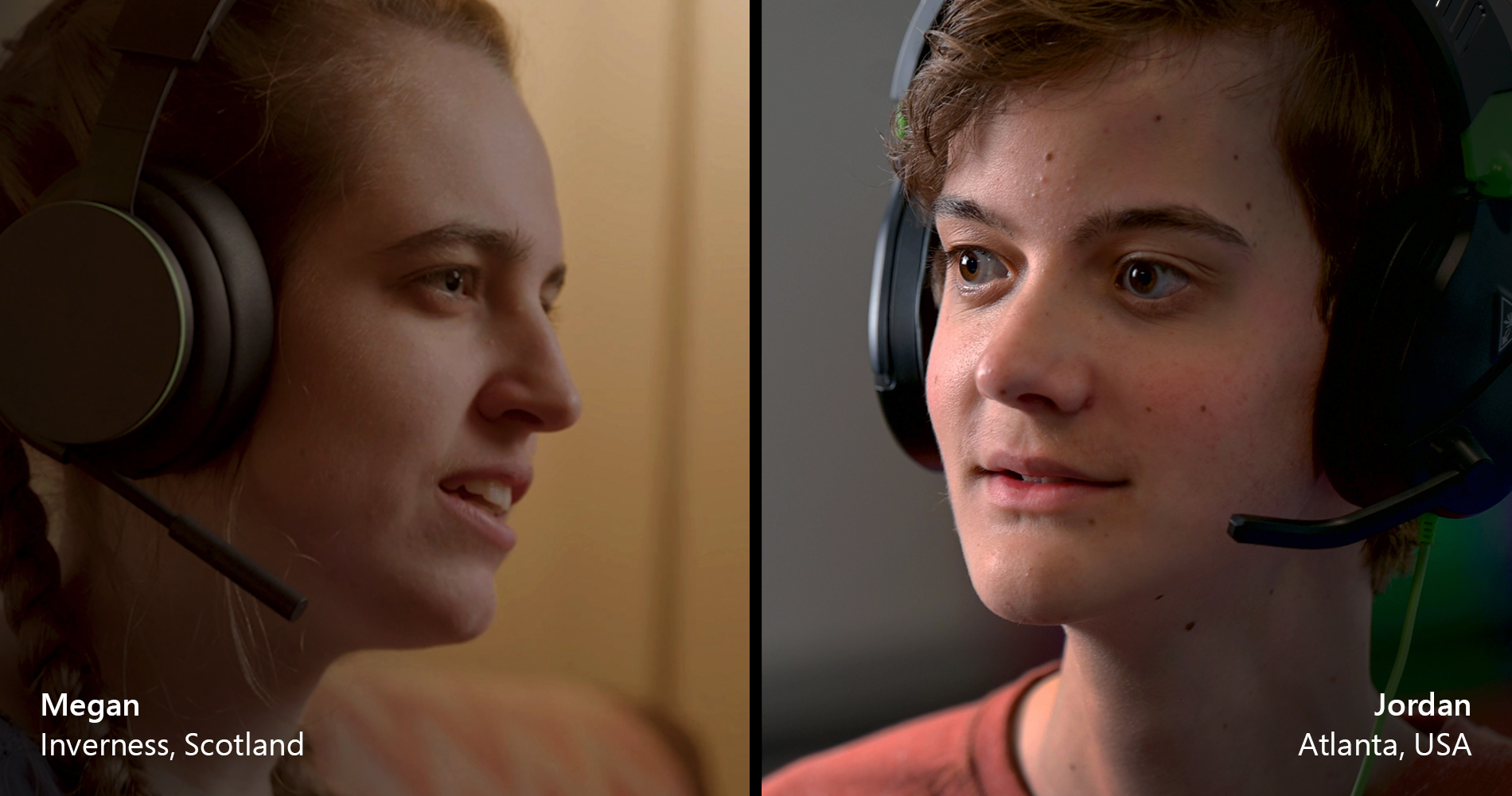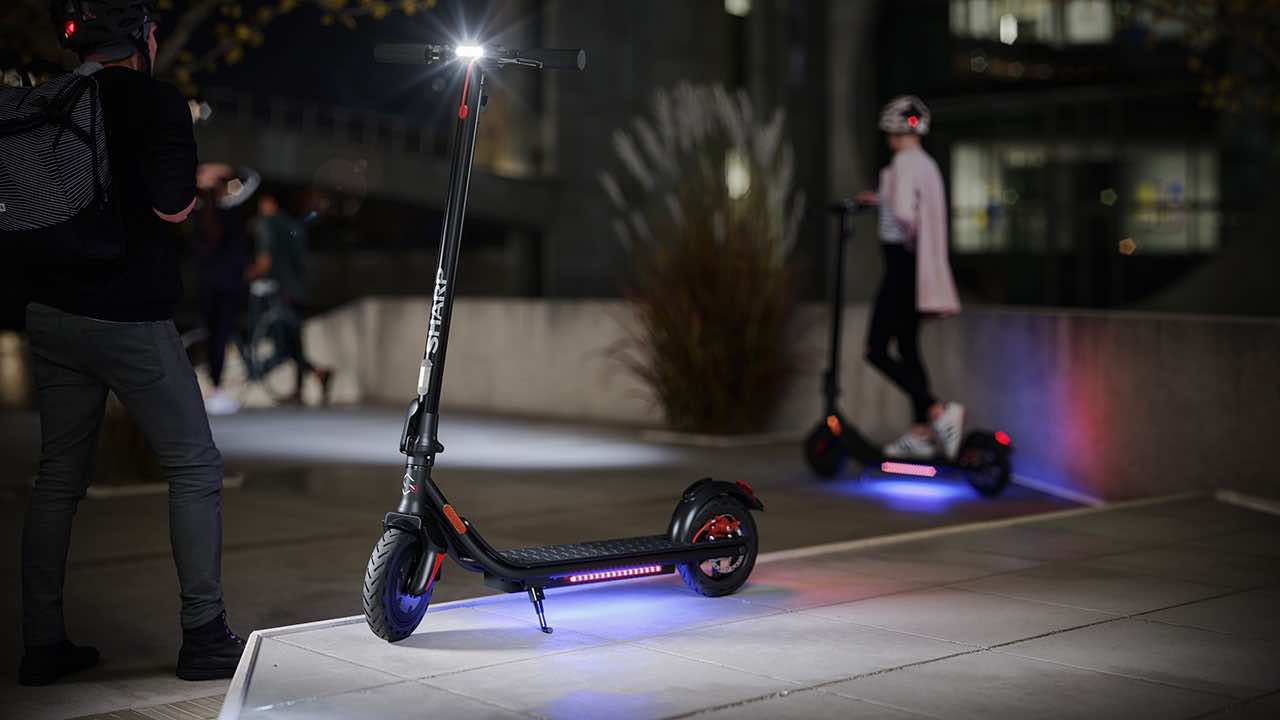As a child, Megan Shaw was always falling. She bruised easily, seemed to be accident-prone and fainted a lot. As a teenager, she found out she had Ehlers-Danlos syndrome, a rare genetic condition that affects connective tissue. But at 23, she focuses on what she can do, not what she can’t.
A native of Scotland, she loves “wild” (in other words non-pool) swimming in nearby lakes (including Loch Ness) with friends and family. In the winter, she uses a wetsuit, but she doesn’t need to wear braces or tape in the cold water, which soothes her joints. Mountain hikes are also part of her routine – though her backpack comes with a feeding tube. She’s also six months out of medical school, doing a vascular surgery rotation as a junior doctor (the equivalent of a medical residency program in the US). She intends to pursue a career as a pediatric physician.
“In pediatrics it’s very much about helping children live with what they have,” she says. “It’s about getting their symptoms controlled to a point where they can do the things they want to do.”
This is a philosophy that also drives her own approach to the disease she lives with.
She has never met anyone in person who also has this rare disease – though she had perused some online support forums – but recently she connected with a teenager in the US who is also living with Ehlers-Danlos. They star in “Beyond Xbox: A Player Like Me,” the next film in the Xbox “Beyond” series, which began with “Beyond Generations.”
“It was actually really easy to talk to him. It was almost like I was talking to myself a few years ago, ”says Shaw, who chatted with Jordan Strong, 15, through a headset while the two played the auto racing game Forza Horizon 5. Shaw played from her home, while Strong used a GO Kart (Gamers Outreach Kart) system outfitted with an Xbox Series S at a facility where he does physical therapy every other week.
The two spent hours getting to know one another as they played the game.
“I’m not that much older than him, but I didn’t know whether we would have anything in common,” says Shaw. “But it turns out we have quite a lot in common.”
They share a love of music. She plays the piano; he sings in choirs. They both have siblings who are able to do things they wanted to do but couldn’t: baseball for him, diving for her.
There was good-natured ribbing too, as Strong joked about Shaw’s driving skills as they played the game. (In her defense, she notes that they do drive on the other side of the road where she lives.) They both spent time trying to find each other on the Forza map, too. Their conversation ebbed and flowed naturally, but in-between the fun chats, they also talked about some serious topics.

“We talked about how sometimes you get medical advice, but at the end of the day you know your own body. You’re the one who has to live with it, ”says Shaw. “It’s just nice talking to someone who understands. I think at the end of the day, it doesn’t matter that they are a different age from you or they’re in a different country. My friends or family are really supportive, but it’s quite a difficult thing to understand if you’ve never experienced it. “
Strong, a high school freshman in a small town in Georgia, had never even talked to someone else who had Ehlers-Danlos. Though he and Shaw have different sub-types of the disease, he still found a lot of value in their conversation – and hoped to connect again.
“It was really cool to see beyond Ehlers-Danlos that we share common interests and understand each other, more than just what are you going through,” says Strong, who admired Shaw’s active and outgoing life. “That was surprising, how she could put aside the risks a little bit.”
The film emerged as the next in Xbox’s experimental storytelling series that focuses on how gaming can be an important medium for connecting to others, especially during the pandemic. “Beyond Generations,” which debuted in December 2020, showed how a UK-based grandfather and grandson separated by lockdowns kept in touch over their headsets and through games.













